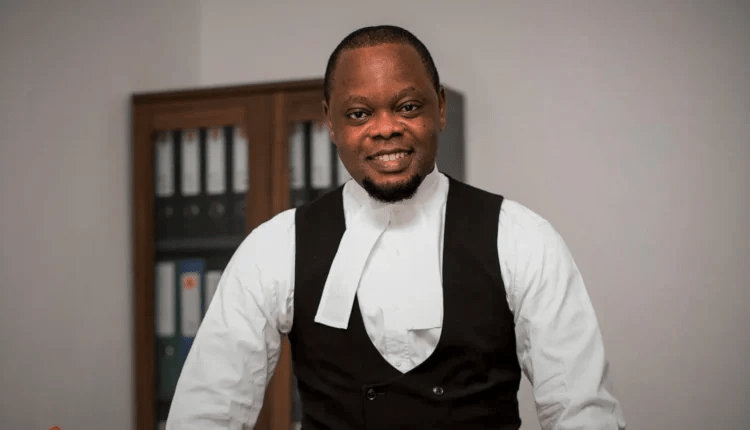Law Lecturer Private Legal Practitioner, Justice Srem Sai, has raised serious questions about the Electoral Commission’s (EC) decision to recount votes in Nine(9) constituencies, seven of which were later redeclared in favor of the New Patriotic Party (NPP).
Speaking on the Citi Breakfast Show on Monday, December 23, Sai offered a sharp critique of the EC’s actions, calling into question the legality and transparency of the process.
“There were situations where all the parties agreed that there were mistakes, and that is without dispute.
However, when there is dispute, the law is that the declaration has to be gazetted before one can challenge the outcome in court,” Sai stated, underscoring the legal framework that governs election disputes in Ghana.
He continued, “There is, however, a school of thought that the EC can correct its own mistakes, and so we are surprised that the EC can come out and say it has made a mistake, and wants to correct it and not what it is now doing.”
The core of Sai’s argument revolves around a fundamental legal principle—the distinction between a mistake and a dispute.
“There is a difference between a mistake and a dispute,” he explained. “What we have in the current situation is a dispute. So long as one person is saying A and the other is saying B, it is a dispute.”
This distinction, according to Sai, is crucial in determining the proper steps to resolve electoral challenges.
This controversy has sparked widespread discussions among political analysts, legal experts, and the public, with many questioning the transparency of the EC’s recount process.
The dispute over the recounts has left several political parties, especially the opposition, frustrated.
Sai’s comment about the alleged lawlessness of the EC echoes the sentiments of those who believe the commission has failed to follow the proper legal channels.
“When you allege lawlessness, as the EC has done in these situations or illegalities, there is no proper avenue for resolving an illegality outside of the court,” he asserted, pointing to the judicial system as the appropriate forum for resolving such contentious issues.


